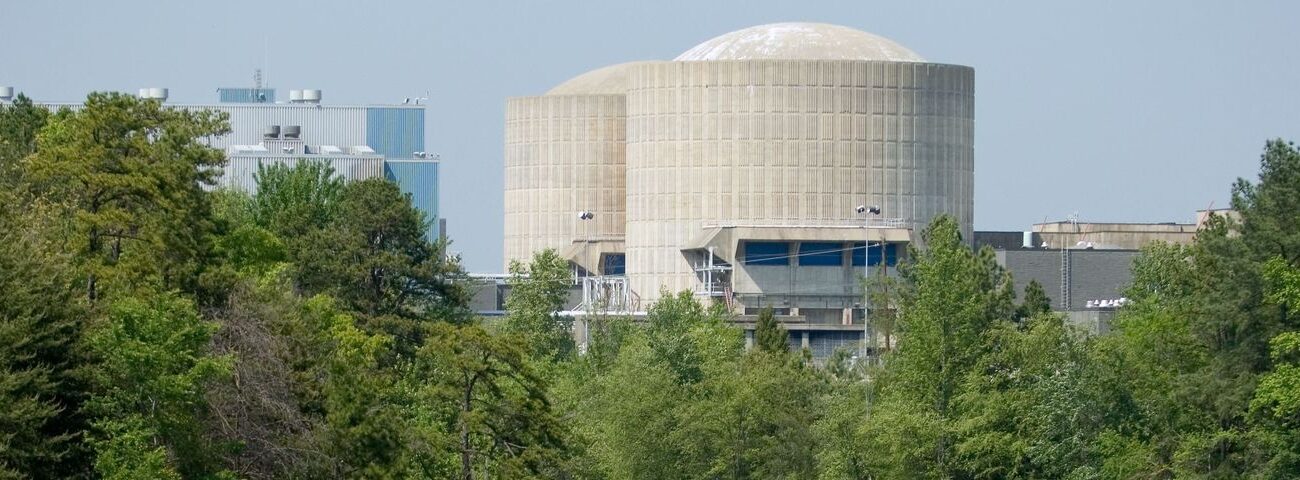Situated on a peninsula in Lake Wylie, Catawba Nuclear Station has been providing York County and its surrounding districts with power for over 25 years without major incident. Both of its pressurized water reactors are operated by Duke Energy, which also operates nine other nuclear units across the Carolinas.
Just 10 miles away from Catawba, Rock Hill is located within Catawba’s plume exposure pathway, which is defined by the U.S. Nuclear Regulatory Commission as the area whose population is at the greatest risk of inhalation and ingestion of radioactive materials in the event an incident fails to be contained. This zone also contains the cities of York, Tega Cay and Fort Mill.
Dr. Scott Werts, professor of geology at Winthrop and Dalton Endowed Chair of Environmental Sciences and Studies, formerly worked as a scientist for the U.S. Nuclear Commission. “When a nuclear plant is constructed correctly, maintained correctly, and procedures are followed, it’s a fairly safe form of energy,” he said. “The rate of accidents and mishaps are pretty low overall when looking at the rest of the energy systems out there.”
This emphasis on strict regulation and safety procedures is reflected in the number of deaths per terawatt hour per year for nuclear, which as of 2018 was just .04. Compare this to coal, which had 4025 times the number of deaths at 161.
Meirose Barnette, a data science major, lives in Rock Hill and reports that she doesn’t think too much about living near Catawba. “Nuclear seems like an interesting avenue for the future of energy. I haven’t had any issues living near Catawba so far.”
“The one issue that is a worry is the storage of the waste material from the reactors,” Werts continued.” An awful lot of the spent fuel is stored onsite at the nuclear plant… It’s not a great place to store spent fuel, because we want to avoid that getting into the water system.”
Catawba faced an issue with its waste containment procedures in 2013 when nearly 100 gallons of wastewater containing tritium, a radioactive hydrogen isotope, leaked from the station. However, it was secured before it could reach groundwater, and tritium levels were less than half of what the EPA lists as the standard limit for drinking water. A report on the incident by the NRC listed the leak as a “non-emergency.”
“I didn’t know there was a plant nearby,” said Bella Hovis, a senior computer science major. “I come from Pennsylvania, so I lived near where the Three Mile Island incident happened. Nuclear energy is powerful, but it needs to be handled incredibly carefully.”
Public perception of nuclear energy in the U.S. has recently been trending towards favorability. According to a May 2021 poll by Bisconti Research, nearly 76% of Americans strongly or somewhat favored nuclear energy, a rapid increase from just 60% in 2019.
“I love nuclear energy! The amount of waste it produces relative to the energy it creates is much, much less compared to any other form of energy,” said Nicolas Diaz, a mathematics major. “I don’t mind living near Catawba. I think that the environmental movement here in America needs to focus on its expansion.”
Mason Foster, a mass communications major, agrees. “I think nuclear energy is our cleanest, most efficient and sustainable energy option as a society now,” he said.




